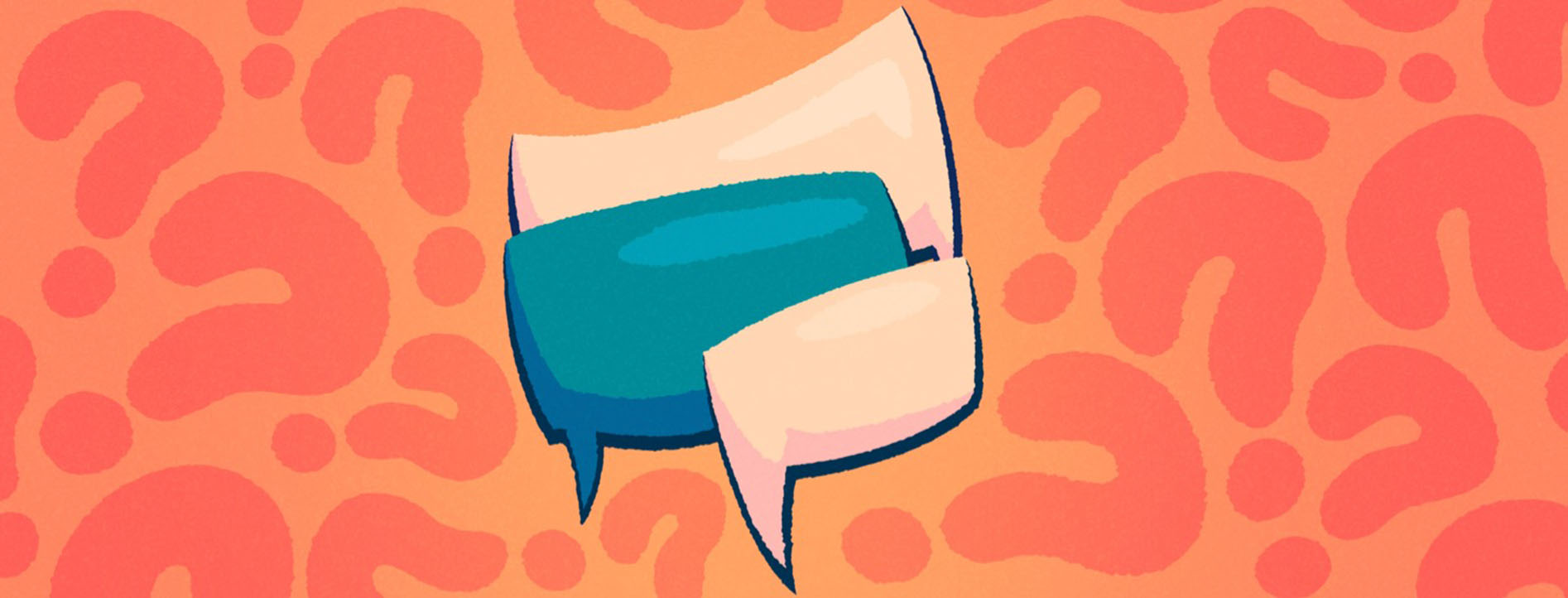15 Questions & Answers on Living With Ulcerative Colitis
For anyone new to this site, and perhaps new to living with ulcerative colitis entirely – you might be wondering more about your own diagnosis or maybe the diagnosis of a loved one.
So, I thought I would take a different approach and interview myself to help explain what it's like living with ulcerative colitis. For those who may be starting their journey, early in it, or wondering the possibilities for what might be ahead...
Q&A on all-things ulcerative colitis
1. Who are you, and when were you diagnosed with ulcerative colitis?
My name is Traci. I'm a 51-year-old high school English language arts teacher who lives in the foothills of Appalachia. Around 1989, I went to a doctor because I had experienced powerful gut pain along with terrible bouts of diarrhea for a few years. This was during my first year of college at age 19. A doctor first performed an endoscopy. That led to a colonoscopy, which then led to the diagnosis of ulcerative colitis.
2. Had you heard of ulcerative colitis prior to your diagnosis?
No, I wasn't aware of any IBD. But a newspaper article I read written by a mother about her son's diagnosis of ulcerative colitis led me to seek medical attention. If I hadn't read that article, I'm not sure how long I would have gone without knowing the cause of my painful symptoms.

Join the conversation